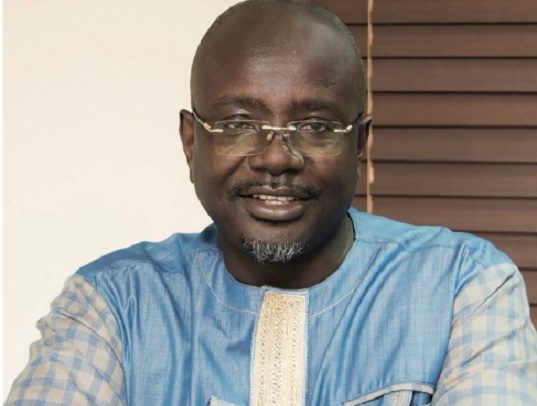
The European Union and its French development partners are pressing Ghana and Côte d’Ivoire to accelerate reforms in the cocoa sector, saying new research shows the industry must adopt tougher sustainability standards to remain competitive and protect farmer livelihoods.
At a two-day feedback workshop in Accra this week, researchers presented findings from the EU and AFD-funded Cocoa4Future project, which ran in Ghana and Côte d’Ivoire and examined agroforestry models, disease control and the socioeconomic dynamics of cocoa farming.
Organisers said the work offers practical pathways for scaling sustainable practices that could help producers meet tightening European market requirements on deforestation, traceability and labour standards.
“The cocoa sector is the backbone of Ghana and Côte d’Ivoire,” the University of Ghana’s pro-vice-chancellor for research, innovation and development, Professor Félix Asante, told the opening session.
He said the project’s multi-year fieldwork and publications provide data policymakers can use to craft locally adapted reforms.
“The scientists need to involve policymakers and stakeholders, otherwise their research will not be useful for development of the country and this sector,” he said.
EU officials at the event were blunt about the stakes: failing to speed up adoption of agroforestry, curb deforestation and tackle child labour risks could leave West African suppliers squeezed by new European rules and buyer demands.
“Cocoa connects Africa and Europe – it is our common duty to make it a driver of sustainable development, free from deforestation and child labour, ensuring decent income for producers,” said Paulina Rozycka, head of section for infrastructure and sustainable development at the EU delegation.
Cocoa4Future’s evidence points to a narrow window for action. Researchers documented aging orchards, falling yields and the spread of cocoa swollen shoot virus disease – trends that raise production risks even as global cocoa prices spike from time to time.
The project also tested and compared monoculture and agroforestry systems, concluding that diversified, shade-tree integrated farms can boost resilience to pests and climate shocks while supporting household food security.
Project partners and donors used the workshop to push concrete policy moves. Recommendations include expanding farmers’ access to recommended shade-tree seedlings, improving extension services, clarifying tree-ownership rules within agroforestry systems and stepping up rehabilitation and compensation schemes for farms infected by swollen shoot. They also urged investment in resistant planting material and more funding for CSSVD research.
“Agroecology and good governance go hand in hand,” Clementine Dardy of the French Development Agency told delegates, stressing that finance and technical support must follow the evidence.
The AFD representative said this project has produced “practical solutions that can make a real difference on the ground”, citing examples of assisted natural regeneration and mixed-crop systems which reduce vulnerability.
The recommendations signal a shift in emphasis from large, state-led plantation schemes toward farmer-centred approaches – including assisted natural regeneration and on-farm diversification into crops such as coconuts, avocados and coffee.
Researchers argued redirecting resources toward building smallholders’ capacity will deliver better environmental and livelihood outcomes than top-down land-conversion programmes.
The post EU pushes West Africa toward stricter cocoa standards appeared first on The Business & Financial Times.
Read Full Story





















Facebook
Twitter
Pinterest
Instagram
Google+
YouTube
LinkedIn
RSS